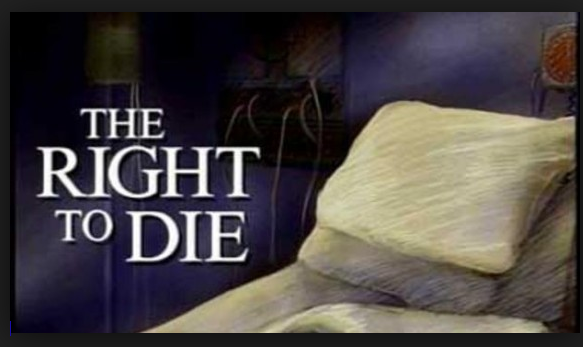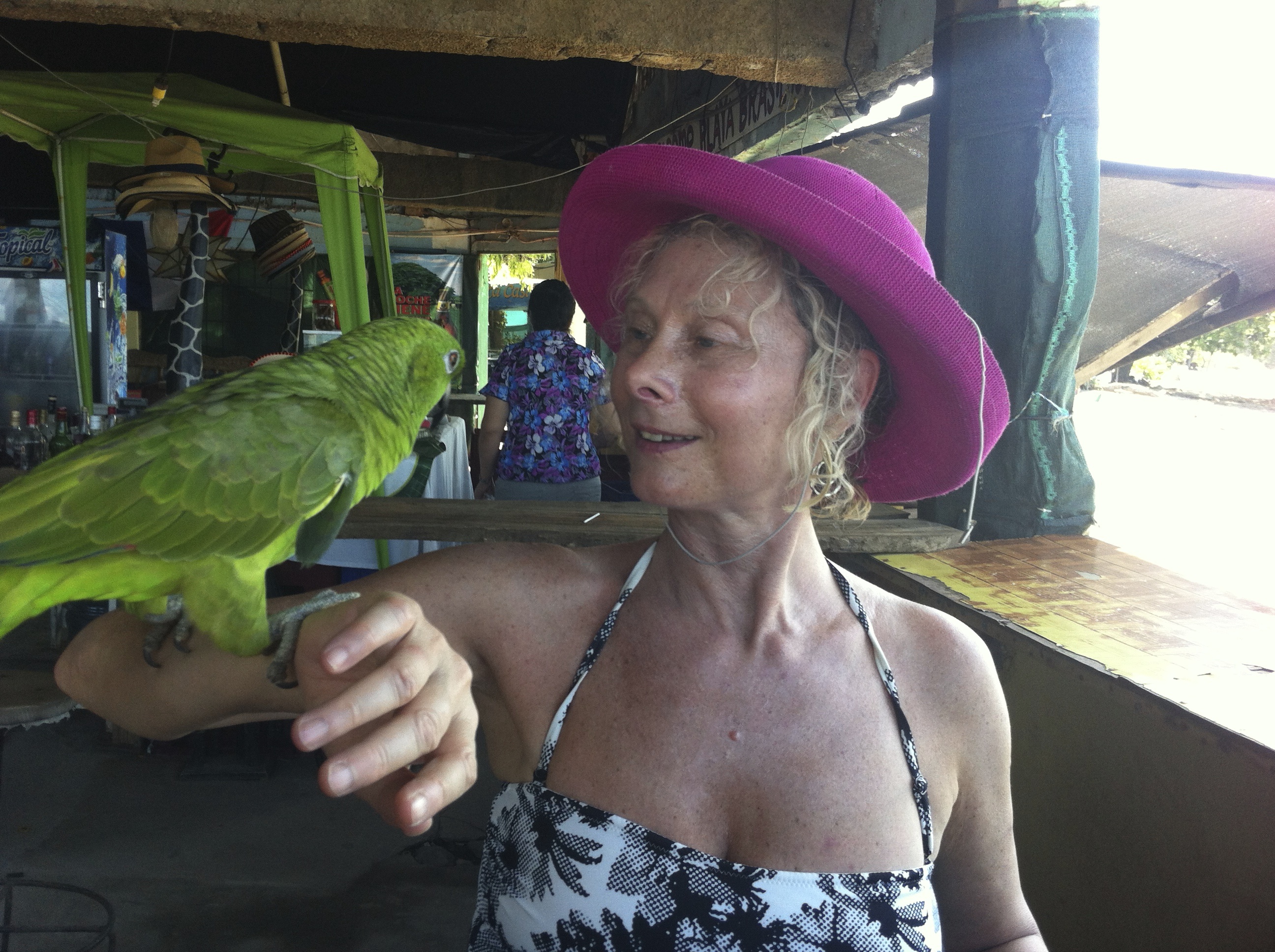Live your best to life’s end.
There’s still lots of life to live–whatever health and medical decisions that may be ahead. For many, feeling ‘alive’ right to the end means feeling useful for as long as possible. For others, it’s peace of mind that brings a peaceful end. For most, it’s feeling wanted, valued, respected and listened-to that are all-important. The pleasures of everyday life can be just as meaningful: what makes you smile, what brings you happiness and joy and what gives you comfort.
It’s often that small stuff that can make a big difference: There are creative ways to accomplish what may seem out of reach – like the man on the rock who may not be able to be physically near an ocean, but may be able to turn to technology to inspire a solution. Paying attention to small pleasures shifts the focus from ‘what I don’t want at life’s end’ to ‘what will make a positive difference to me at life’s end.’ It’s an approach with its own reward: helping someone have the best end can help everyone involved.
Need Inspiration?
How would you fill in the blank? Check out whiteboards and 60-second BestEndings videos: instagram @MyBestEndings
Need Information?
It can be a long road to learning about and planning for the best end-of-life experience. There’s lots to consider and emotions to tackle. Pick your own starting points: personal or medical decisions or specific topics. You can come back for more and then document your end of life wishes
Caring for aging parents: Chronic illness
Heart and kidney failure, frailty, Alzheimer’s, Lung Disease, Diabetes
Palliative Comfort Care and Quality of Life
The Palliative and Hospice approach: comfort and quality of life is what it’s all about
Understanding Medical Terms and Jargon
Cardio Pulmonary Resuscitation: CPR, Do Not Resuscitate: DNR, Allow Natural Death: A.N.D
Traditions, Culture and Being Remembered
Time honored customs can help at life’s end, ways to keep memories alive.
Modern Medicine can keep you alive
End of life: grief and bereavement
Knowing what End of Life looks like can ease the process; often grief starts long before the end.
Decision-Makers: Consent and Conflict
Surrogate, Substitute, Agent, Proxy: who will make sure your end of life wishes are followed.
Advance Directives, Living Will, End of Life Wishes
Create your own end of life, Advance Directives Living Will with an interactive form

10 ways to think creatively
What if what you want until you die can’t be done exactly as you imagined?
Consider it an opportunity for creative thinking.

Medically Assisted Dying: the benefits of the process
When medical assistance in dying – MAID (also referred to as Medically Assisted Dying – MAD and Physician Assisted Dying – PAD ) was just a twinkle in eye in most of North America, I began my layman’s journey into learning all things end of life – encompassing much more than ‘help me die’. Now, with medical assistance in dying taking center stage, I’ve made it my business to attend every Town Hall, Presentation and Info session.

Elderly and Sleep
We need less sleep as we get older. Everyone knows that right? Wrong! Completely and utterly wrong.
The myth that the need to sleep drops as we advance in years is one of those random misconceptions that somehow takes hold and persists – kind of like how if you eat something within five seconds of it falling on the floor it will be fine. No, it won’t.
Four medications cause most hospitalizations
Blood thinners and diabetes drugs – alone or in combination - cause the most hospitalizations in older adults. This is a really enlightening report picked up by New York Times, ‘Well’ editor, Tara Parker Pope. Aspirin, clopidogrel and other antiplatelet drugs that...
Myths about aging, proud octogenerians
Jack Pinkus in action at Baycrest Jack Pinkus, retired pharmacist with 17 years on the Board on the Ontario Pharmacists Association opened his educational session at Baycrest by exploding the following myths: • Age will inevitably bring illness • Damage is already...
Pew Research Center:Views on End-of-Life Medical Treatments
Staying Alive: what more of us want to do “The share of the public that says doctors and nurses should do everything possible to save a patient’s life has gone up 9 percentage points since 2005 and 16 points since 1990. From Pew Research Center forum “Views on End...
Death and doctors who don’t want to talk about it
What happens when patients want to talk about death, but their doctors don’t? My 94 year-old father-in-law was relieved and delighted when I brought forth the subject of medical directions, in the event he couldn’t speak for himself. My brother in law – a paramedic –...
Grief and relief: tradition, culture and religion
In this fast-forward world, it can seem that grief should have a ‘best before’ date. It can be uncomfortable – for those grieving and those around. Grief can also be exhausting and stressful and relentless. Considering few of us are spared the knife-cut that comes...
Medical jargon: even single-syllable words can confound
Who’d’ve thought that simple, one and two-syllable words – which is one of the the criteria for Grade 6 reading level – could cause so much confusion, upset and medication errors. Out of context, even every-day words can confound. Consider these (true) examples: In a...












